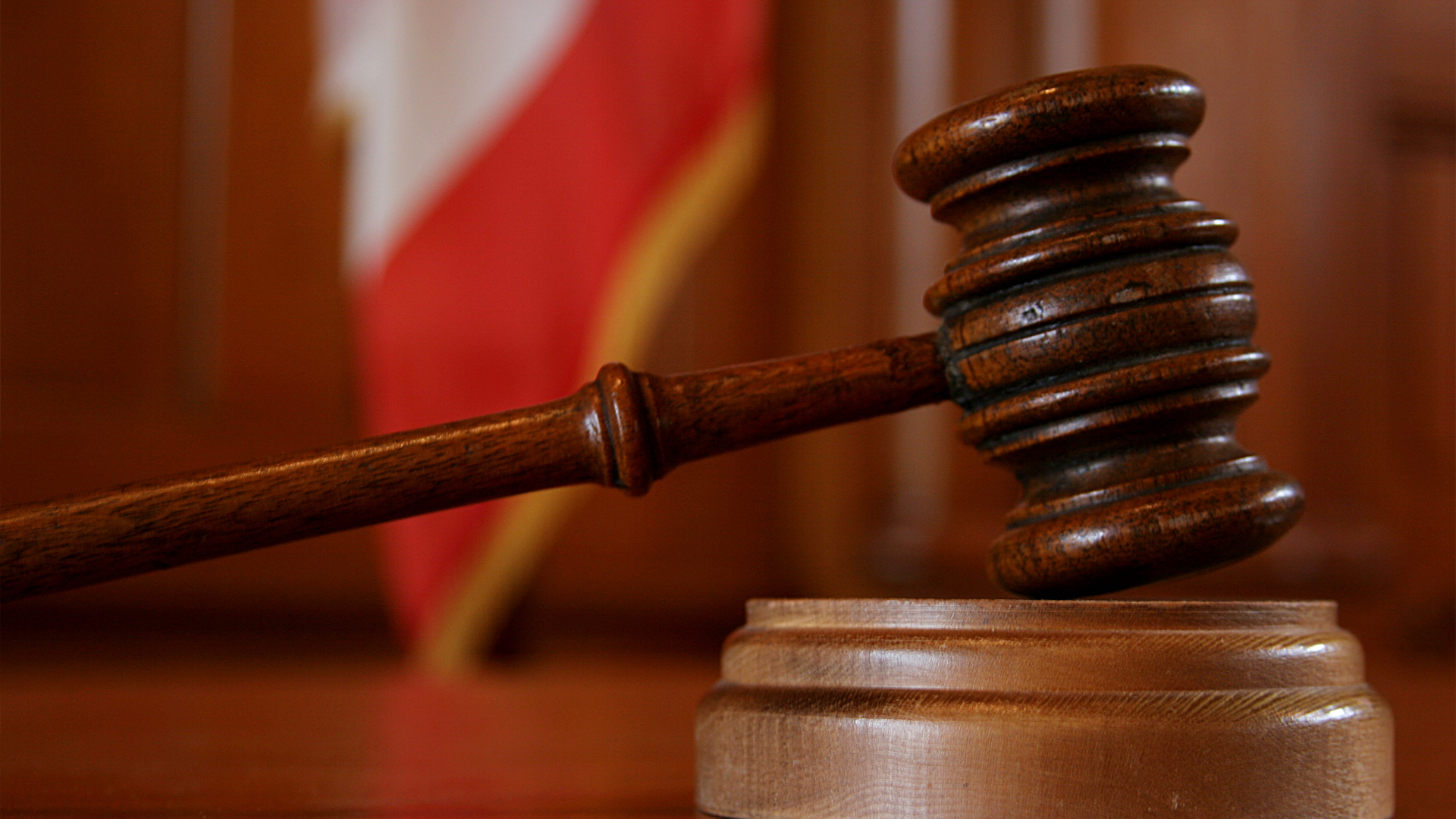A trial is underway in Florida over the state’s recently enacted voting laws, and the results could have a major impact on this year’s elections and beyond. Last year, Florida became one of many states that passed restrictive voting laws after the 2020 election, as well as other regulations targeting Black and minority citizens. The new law puts additional restrictions on requesting mail-in ballots, limits the numbers and hours of operation of early voting drop boxes and limits the ability of private citizens, nongovernmental organizations and even local or county government officials to assist with voting or resolve disputes. Because of the negative impact, these changes will likely have on voter participation, the Brennan Center for Justice described Senate Bill 90 as a “sweeping voter suppression law.”
Advocacy groups are suing Florida to get rid of SB 90.
Soon after SB 90 went into effect, Republican Gov. Ron DeSantis and other Florida officials were sued by several organizations, including the League of Women Voters, Poder Latinx and Disability Rights Florida. These groups argue that the new law unjustly interferes with their ability to assist with voter registration and other voting-related activities. The NAACP Legal Defense and Education Fund, one of the plaintiffs in the lawsuit, argues that SB 90 “disproportionately impacts the ability of Black voters, Latino voters, and voters with disabilities to cast their ballot” and thus violates the U.S. Constitution and several federal laws.
The federal trial to determine the fate of SB 90 began on Jan. 31 and is expected to wrap up soon. As the Tampa Bay Times reports, the trial is being conducted by Chief District Judge Mark Warner, who was nominated to the federal bench by President Barack Obama in 2012 and confirmed unanimously by the Senate.
The two sides have offered competing perspectives on the voting law.
The plaintiffs in the case have argued that SB 90 is both harmful to voters and unnecessary for fair elections. Professor Michael Herron of Dartmouth College testified on Tuesday that the law will likely lead to lower levels of voting by Black and Hispanic citizens and would also lower votes from Floridians who are older, poor or have disabilities. Herron also gave his expert opinion that he had not seen evidence of widespread voter fraud in Florida, nor had he seen any instances of voter fraud that would have been prevented by SB 90 being in place.
The state of Florida, meanwhile, has defended SB 90 as a useful and proper set of election reforms. On Friday, David Ramba, a lobbyist representing Florida’s Supervisors of Elections, testified in favor of SB 90, arguing that the final provisions of the law represent compromises between those who wanted stricter or less strict regulations. For instance, Ramba said, an early version of the law completely eliminated drop boxes for early voting; the final law kept drop boxes but restricted their number, locations and hours of operation.
The SB 90 case has led to another lawsuit over free speech in Florida.
Meanwhile, the case against SB 90 has spawned at least one additional lawsuit. In November, four University of Florida professors were initially denied the opportunity to testify as expert witnesses against SB 90, with the government of Florida arguing that their positions as state employees created a conflict of interest since they were being asked to testify against the state. Although University of Florida President Ken Fuchs eventually reversed its position and permitted the professors to testify, they have still filed a lawsuit, arguing that their right to free speech was violated by the initial ban and by the university’s ongoing policies regarding faculty testifying in court cases.
The outcome of the SB 90 trial has major implication for Black rights in Florida beyond voting.
While the professors’ lawsuit has important implications for freedom of speech, the case involving SB 90 is poised to shape Florida’s elections. DeSantis is facing a tough re-election this year. His challengers include Charlie Crist, a former Republican governor of Florida who later switched parties and currently serves as a Democratic member of the House of Representatives. Also running is Florida Agriculture Commissioner Nikki Fried, the only Democrat holding statewide office and a fierce critic of DeSantis; Fried recently called out the governor for letting a million COVID tests expire as Florida experienced the Omicron surge.
Under DeSantis and a Republican-controlled state legislature, Florida has proposed or implemented several racially charged laws and has repeatedly sought to restrict voting rights. The outcome of the SB 90 trial is likely to have a major impact on the election, and the outcome of this election will likely determine whether these restrictive and racist laws remain in place. Therefore, many issues concerning Black freedom in Florida, from voting rights to whether racism can be discussed in classrooms and corporate trainings, could be determined by the decision to maintain, alter or invalidate Senate Bill 90.
